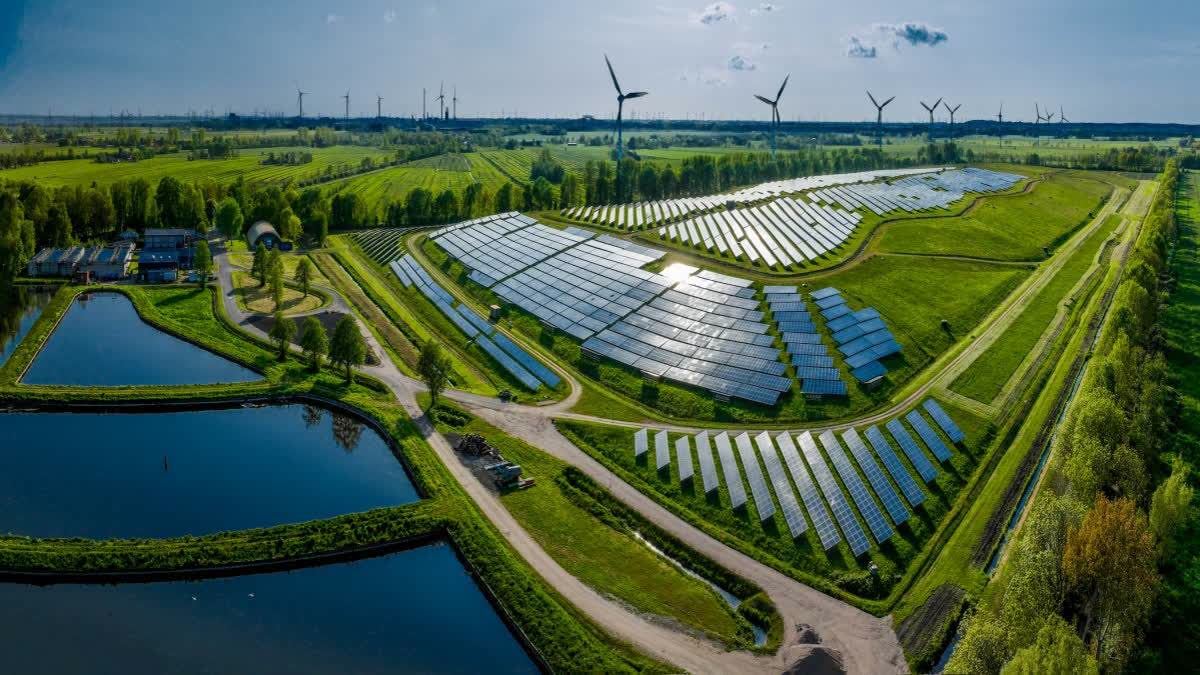New Delhi: In a bid to tackle climate change, the National Capital Region Transport Corporation (NCRTC) has adopted a solar policy aimed at increasing the share of renewable energy by generating over 11 MW of solar power across the entire Delhi-Ghaziabad-Meerut Regional Rapid Transit System (RRTS) Corridor.
According to NCRTC officials, in line with this initiative, solar panels are being installed at all RRTS stations and other buildings. “It is expected to reduce Co2 emissions by 11,500 tonnes annually, marking a significant step towards saving the environment, a senior NCRTC official said.
Solar plants have been already installed at the Sahibabad, Guldhar, Duhai, and Duhai Depot stations on the operational section of the RRTS corridor, along with the Ghaziabad and Muradnagar sub-stations and the RRTS depot.
These installations are generating over 3 MW of electricity. All these stations are carbon-negative, producing more electricity than they consume, NCRTC officials said.
The New Ashok Nagar RRTS station, being constructed on the Delhi-Ghaziabad-Meerut RRTS corridor, is designed to be environmentally friendly. Currently, the roof of the station is under construction. Once completed, solar panels will be installed on it which will expectedly generate over 6.5 lakh units of electricity annually to power the station’s lighting and other electrical equipment.
